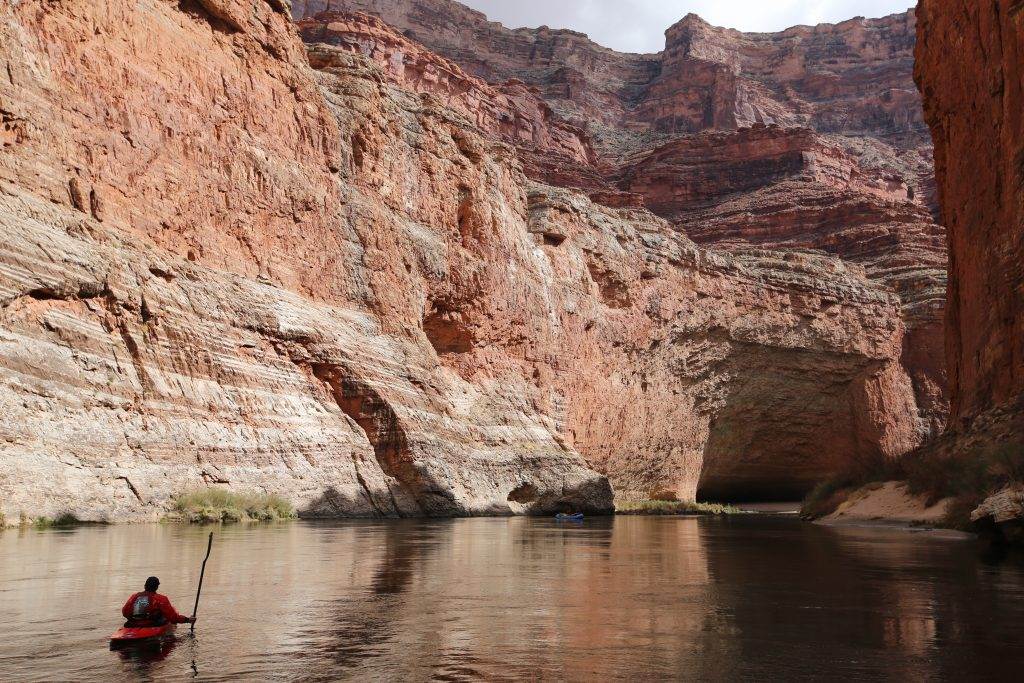This whole virus nonsense has really blown a hole in our ability to have fun. Sure, it’s great sitting at home for a few days but being stuck there is no fun. What it does is reminds us of the things that are really important. Friends, family, health and happiness are all we really need. During one of those covid-induced existential crises, I’m sure we’ve all experienced, I was fortunate to find myself zooming in to Barry Barr, founder of Seattle brand Kavu. Almost an hour later I was refreshed and ready to join his cult. He doesn’t even have a cult, but I’m so sold on his outlook, I’m going to plead with him to set one up.
Read on to understand what I mean.
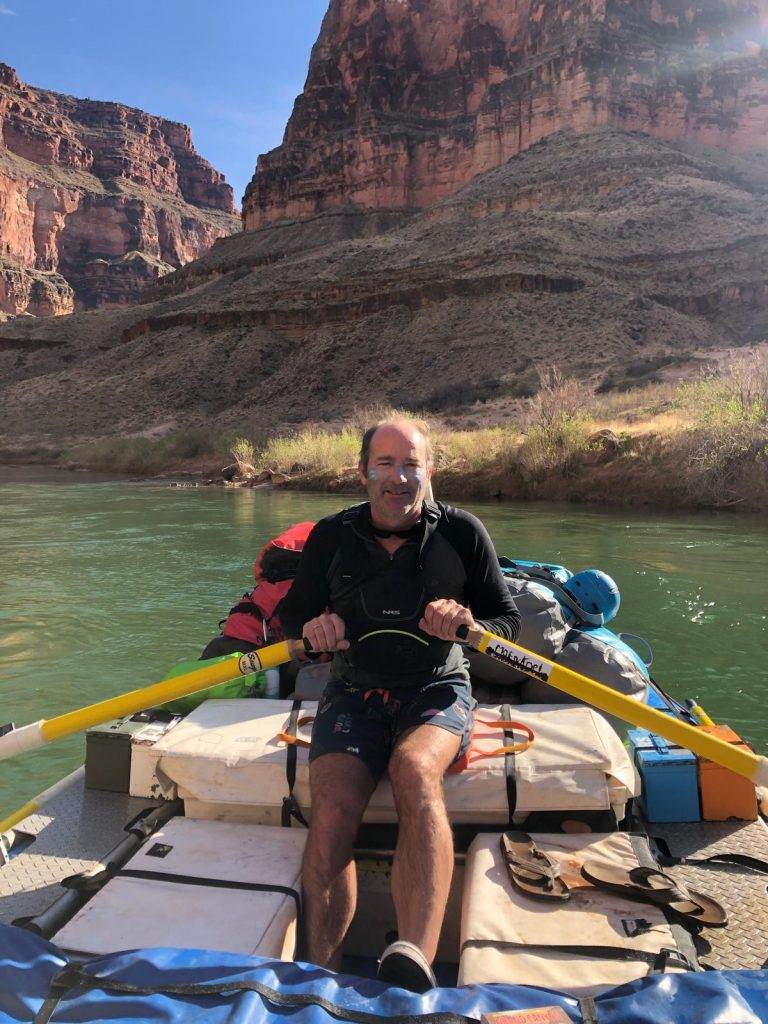
It’s a shame we’re not meeting in person but it’s a sign of the times. How has work-life been affected over in Seattle?
Yeah, we’re all working remotely for the foreseeable future. Maybe four of us head into the office to get away from the family routine but we still haven’t opened it back up fully. But people come and go, and, you know, people have younger kids, it works for them to be able to work from home. We’re relaxed in that regard.
For a lot of people, I think the future is going to be more flexible. A big dealer of ours here, REI, the big outdoor store doesn’t even have a corporate office, everyone works remotely, like 2000 people or 3000 people.
Maybe that’s a look into the future. Let’s start with the past though, Kavu has been going since 1993. Has this been your biggest test in your work life?
We’ve had some tough ones, 2004 was difficult. I kind of took my eye off the ball, because I had my first child and sales went down. But, yeah, you’ve just got to adapt. I tell people, we don’t have a long-term plan. It’s more like we know what we’re doing, we’ve got a standard timeline and we have to be quick on our feet. We have to always tweak things but it’s not rocket science what we do.
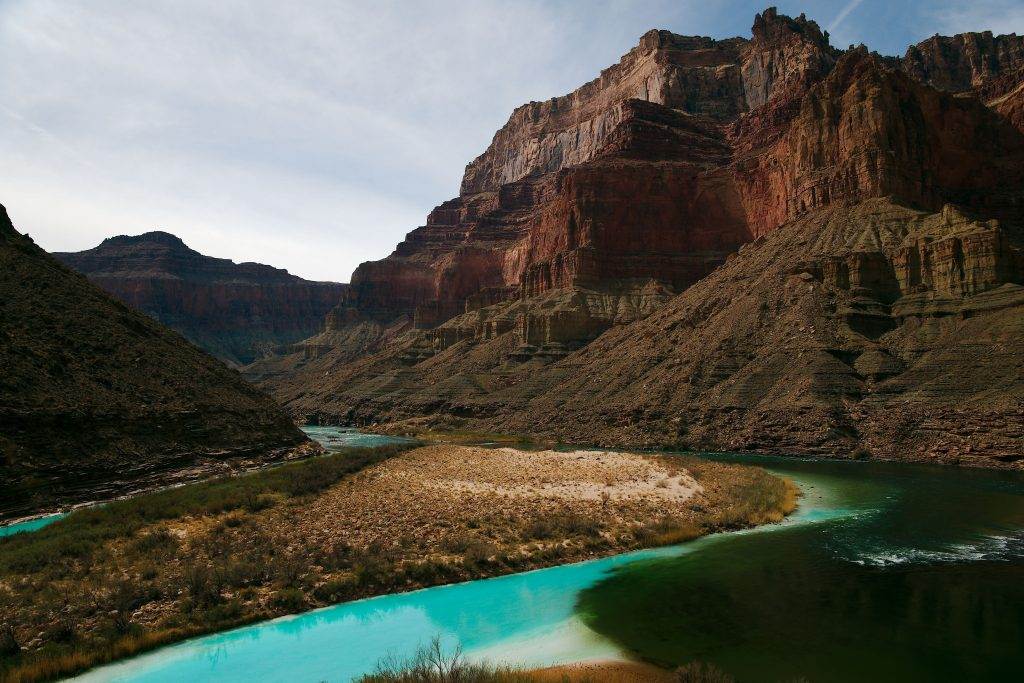
When you started Kavu, you worked on it without paying yourself and used earnings from the fishing you’d been doing. Tell us about that.
Yeah, I worked in commercial fishing in Alaska, the Bering Sea. It’s a place called Bristol Bay, which has the largest sockeye salmon return in the world. The boats aren’t big, they keep them all at 32 feet so the natives can stay competitive. There are only 1500 permits for river systems. And yeah, I started going up there when my dad got into it when I was 11 and just worked the summers. And then at 17 I took a loan and bought my own operation. I did that through college and I could make really good money.
That said, I never wanted to be a fisherman in the long term. I was going to buy a big, 58-foot boat and move to Kodiak, Alaska and crab longline and herring fish and salmon fish and make enough money and be retired in 10 years. And then the whole fishing industry for salmon crashed and my dad looked at me, and I was like “Is this what we want to be in?”
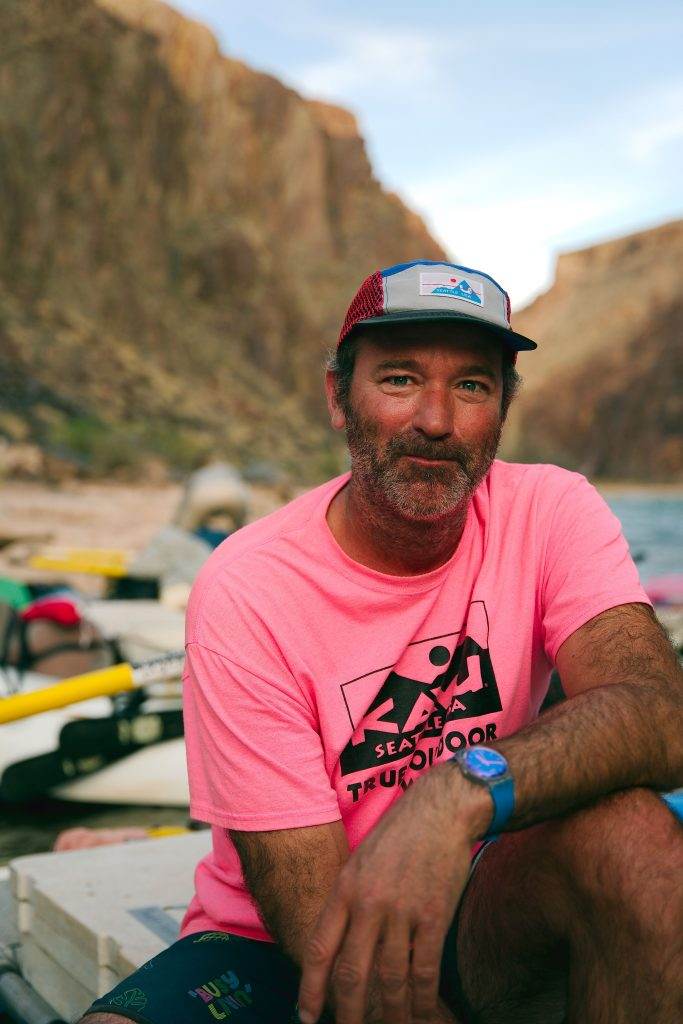
You always had your eye on something else though?
Well, in the meantime, I’d been working on a hat that wouldn’t come off your head in the wind while at sea, and that was it, the start of Kavu. It inspired me to take it and teach myself sewing. I mean, I didn’t go to Design School. It’s something that happens in Seattle, these little factories in houses. Seattle was a huge sewing city in the 70s and 80s, for outerwear, sleeping bags, tents, backpacks, they were all made domestically. You’d go into these houses, and in the garage Vietnamese or Cambodian families would be working. And they’d produce like 10,000 Jansport backpacks, which is just crazy. There were all kinds of piecework sent home.
The infrastructure was there to create a brand like Kavu then?
Yeah. They also had the really heavy machines that could go through cordura. And that was key because I was using 10 oz canvas. From there I kind of figured it out and tried to make a line. I had watchbands and basically everything using webbing. I would make a little sell sheet and I went out to stores. They’d ask me if I could give it them on consignment but that’s just a downward spiral. I’d even put my table up at a lake here where everyone walks around. It started getting in stores and selling through and so it was then about branching out and finding sales reps.
How important is location? Whenever I think of the Pacific North West I think of the same region in the UK, because the climate is very similar. They don’t have the big capital city, they’re kind of outliers in a way, you’ve got Portland and Seattle, you’ve got Manchester and Liverpool. And they kind of both punch above the weight culturally, and probably in business as well now.
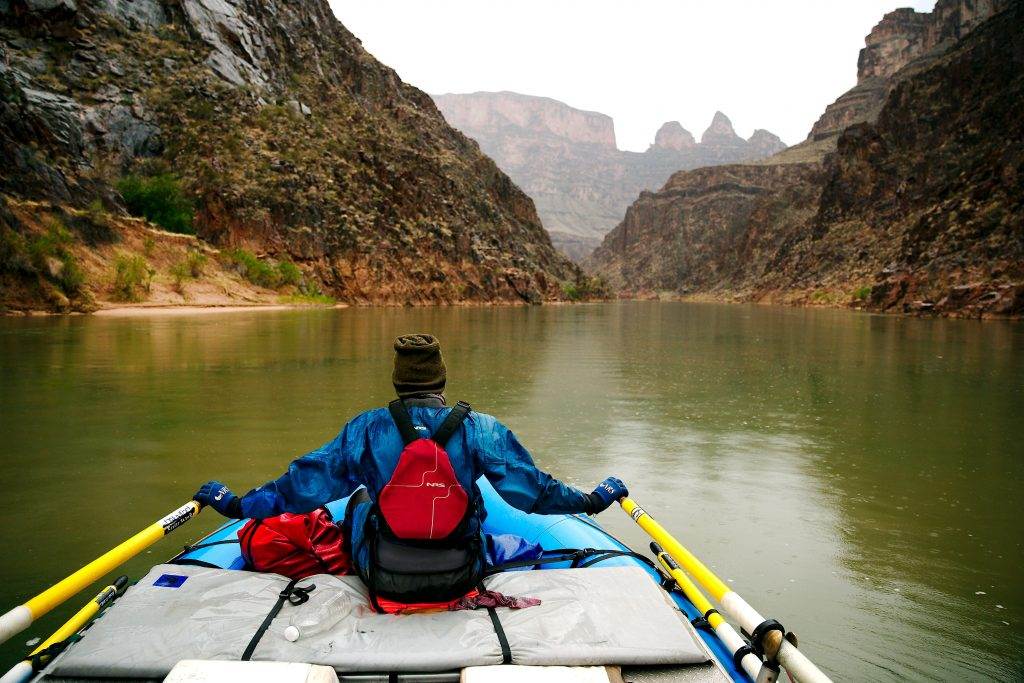
Yeah, and thinking about it, they’re port cities. So just like Liverpool, your city relies on that and its future is shaped that way. There’s an entrepreneurial tradition and people just find a different way. It’s not just a big corporate paper pushing. In the big cities like New York, people still enjoy the outdoors but it’s not as big as it is here. We have easier access and that influences things.
Do you think you could exist if Kavu was from anywhere else? And if it did, what would it look like?
Well, I think you’re obviously influenced by the weather where you’re at. Let’s say I’m in Southern California, we’d probably be doing more lifestyle, surf stuff. If you’re in Hawaii more Hawaiian prints and aloha shirts. If I was in the ski mountains, we might have more applicable stuff. At the heart of things, it’s like “Dude, I want to make stuff that’s gonna work for what I just did.”
What was it like growing up for you?
My parents chose a different way. My Dad is an entrepreneur, formally a sales rep, he just chose to have fun, period. He didn’t want to go the corporate way. We moved to San Juan Island, which is kind of a vacation place on the water. Life involved sport fishing for salmon before school. And that’s kind of the whole philosophy of Kavu. He was into hang gliding in the 70s and just into full-time fun, all the time.
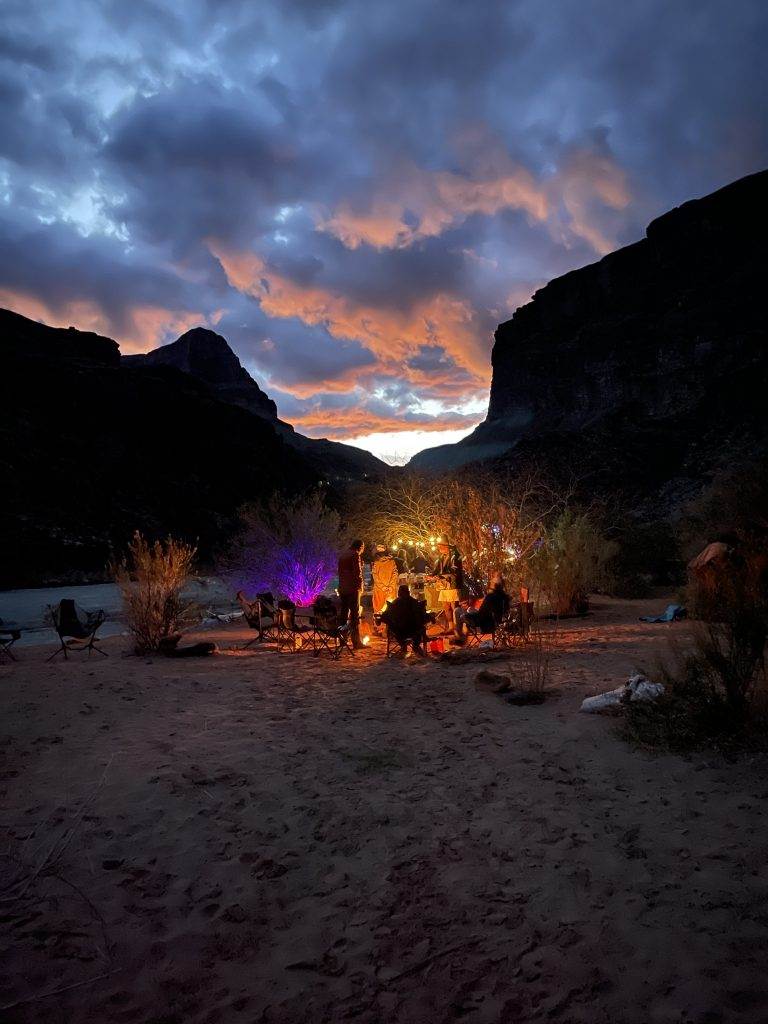
Tell us what Kavu means
Clear Above, Visibility Unlimited, but we changed the C to a K.
We’d say “That’s a Kavu day”, as in a perfect day.
So, it’s like when you’re sitting at the end of the day, and you’re barbecuing some salmon, you’re having a gin and tonic, you’re like, I had the best day, I could die happy tomorrow. When I was looking for a name that’s unlike others, that was easy. This is just what I grew up with.
The names with four letters are so powerful, why, I don’t know. Just look at the brands, from Fila to Nike to Izod. Then, having it as an acronym meant I could explain more and tell them it means clear above, visibility unlimited – the perfect day. You can explain that to someone and get it in their head. If they ever see it again, they’re like, oh, doesn’t that mean something? It’s about name recognition.
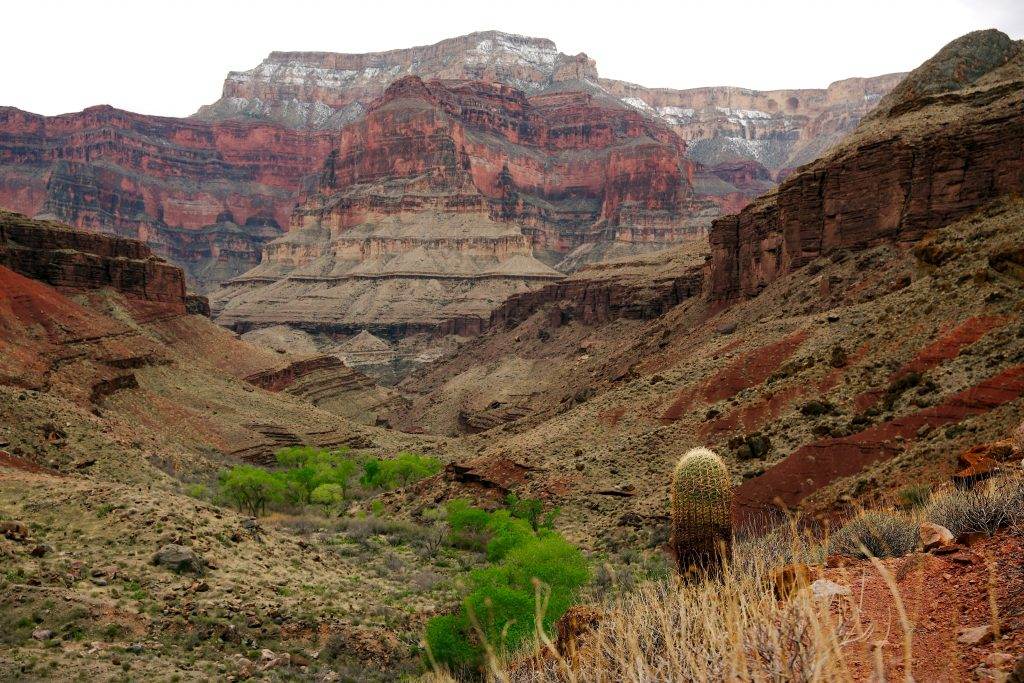
You’re obviously a business but you don’t operate purely for profit. Tell us about the Kavu approach to things.
Our whole thing here is just making fun product, trying to get it out there and sell through whilst keeping it fresh and not too big. If we do everything right, sales come and if we screw everything up, sales don’t come.
I don’t want to get huge, because it’s just a bigger headache, a bigger risk. I like to travel, I like to have fun, I like to have a great small team that we compensate well, and, and to have a whole different philosophy of business than just money, money, money, you know? That’s maybe what’s kept it around for so long.
It sounds like you’ve got that work/life balance perfect?
Yeah, I’ll work hard when I’ve got to work, as hard as anyone. But the reality is the person with the most vacation days left unused doesn’t win. Getting out is healthy for the brain, no matter what it is, even if it’s walk on the beach, or taking the day here sleeping in the dirt. We usually have a competition here, who slept in the dirt the most this year, and they get a prize or a bonus, like how many days was your back in the sand or on a cot or in a tent, or on a boat, whatever you want to do.
You make it sound like an obvious way to do things but not all businesses do this. Why do you think that is?
Some people aren’t as adventurous. It depends where people grew up and what they’ve done. Maybe their parents were very safe, worked in a bank or whatever, just did that forever and had their one week a year. I’ve found just for the health of people it’s beneficial to find balance.
And now I want to be full-time on the pro leisure tour, which is just out there having fun and leading the charge and making adventures and stories. So that’s definitely part of the culture.
And did that increase more during the pandemic?
I usually travel a lot. We live in Spain half the year because my wife is Spanish. We go wherever we can, whether it’s crew surfing on vacations, skiing trips, paragliding trips or scuba dive trips. During the pandemic, you couldn’t go as far, obviously.
I believe you somehow managed to realise an ambition last year though?
I had always wanted to do the Grand Canyon. A friend called and told me “I got the permit and I’m assembling my best friends there. There are 16 of us. And we’re gonna go 280 miles down the Grand Canyon.”
I just said “Sign me up.”
Was it all you expected?
You’re just in like dinosaur times. And also, all these people are kind of connected to Kavu in a way. So, it was great seeing the products we’re making in the wild, getting inspiration. I get down there and then I’m just pinching myself. Like I can’t believe I’m here. And you can’t even take photos because you don’t even want to share it with anyone because it’s that special.
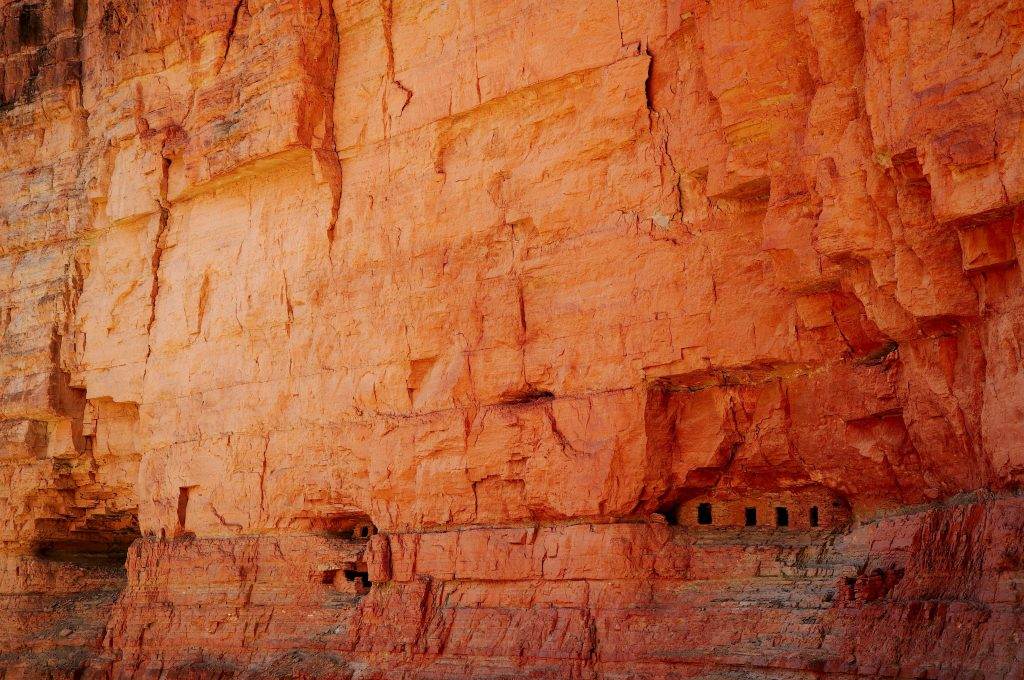
It must have been tough though?
Okay, you’re working hard even though you’re floating. We had snow, we had rain, we had a freeze in a night, we had hot days at 80 degrees. And you’re working together, and everyone’s just flowing down the river at the speed of that. Being away from social media, or the emails or anything else, was just magical. I mean, everyone came out a different person. You realise those things that bother you or you think are important, are not important at all. It was a reboot, a complete reboot for me, a lot of soul searching, a lot of laughter and a lot of a good time.
It’s always good to recharge batteries but I find a week isn’t enough. I’m only relaxing by the 4th or 5th day.
I agree, 100%, because there’s three types of vacation just in what you’re saying. There are the ones that are the three days, and you get there and you’re like, God, I’m relaxed. That’s great. Then there are the five-to-seven-day trips, that you’re just flowing into it. Like you’re saying, then you’ve got to come home. And you’re kind of pissed. And then there are the two week plus ones where you’re like ‘Fuck, I don’t need to go home. This is life.’
We did that too! During COVID in November, me and another buddy and our families, we went to Mexico, San Jose Cabo, not the big blowout hotels. We went there for four days before American Thanksgiving. And then we’re like ‘Why do we have to go home? The kids aren’t in the normal school window” so we extended to three and a half weeks and went into a little beach town. We’d be kiteboarding, and this Mexican little town had four wheelers. The kids can just ride around town. Cops don’t care. We had picnics sitting on the sand watching the sunset. It was just like “This is living!”
The main theme of this issue is recovery. You’ve touched on the importance of balance between work and play.
It needs to be the same thing. Really, it needs to be a lifestyle, so that you don’t necessarily need to go and recharge your batteries. And then when something like a pandemic hits, the way to recover is to do stuff that you’ve always wanted to do. I tell people “You’re working too hard, get out, you can check in or don’t check in, we got you covered.”
Within the company I try to give people freedom. As long as nothing falls through the cracks and their job is covered that works for me. We’re just here to help. I mean, my belief is life is 100% experiences. And the more you have, the more rounded you are and the bigger understanding you have of other cultures or other people which makes you a better person, perhaps least for me.
That’s a great way to end the conversation.
Thanks to Barry Barr for the inspiring insight and Fred Royle for setting the chat up.
Check out kavu.com for more.
